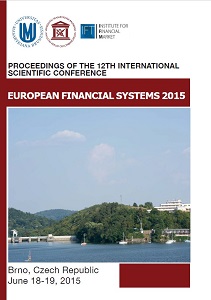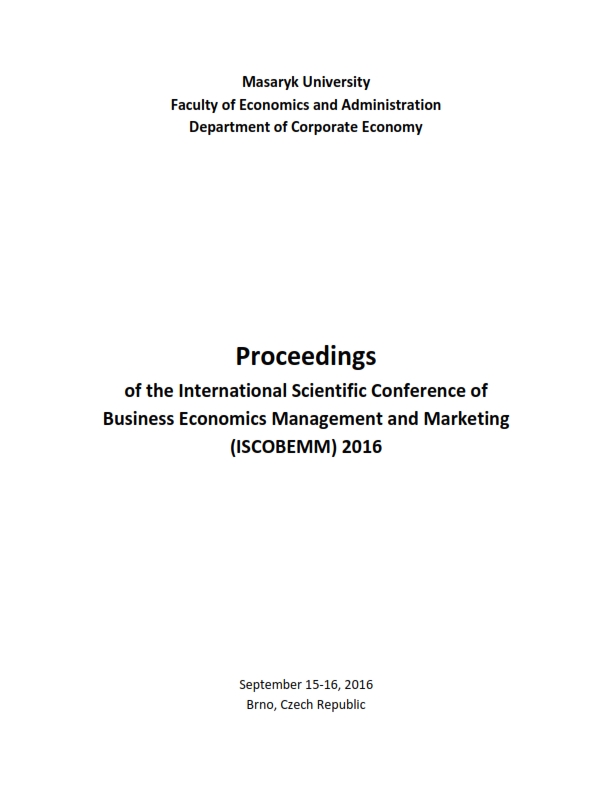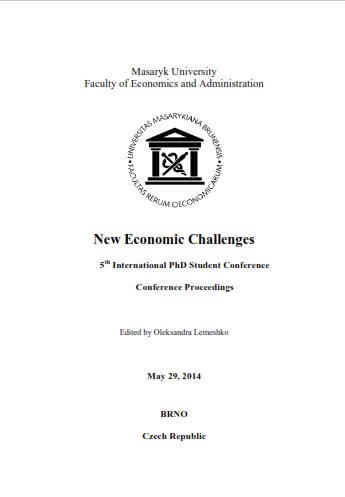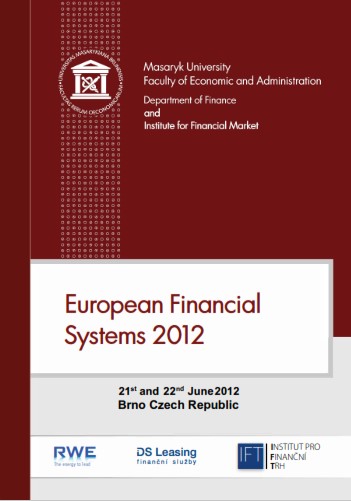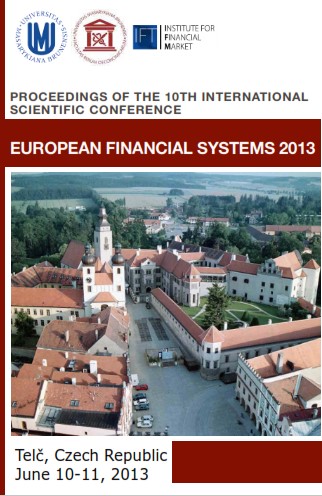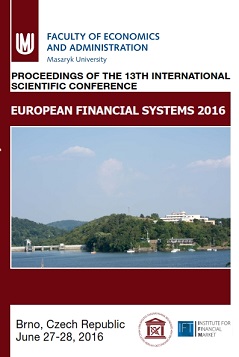
Oil Price and European Stock Markets
In this paper we investigate the effects of oil price changes on European stock returns. We run regressions for extended versions of different market equilibrium models: (standard CAPM, Fama-French 3 factor model, Carhart four-factor model) incorporating oil price changes. We also separate different market situations based on the oil price. Our results suggest that from among the investigated European industry indexes oil and gas companies have higher exposure to oil price changes than other companies from other industries. When examining the broad oil and gas industry on a sub-sector level we can detect some significant differences.
More...
